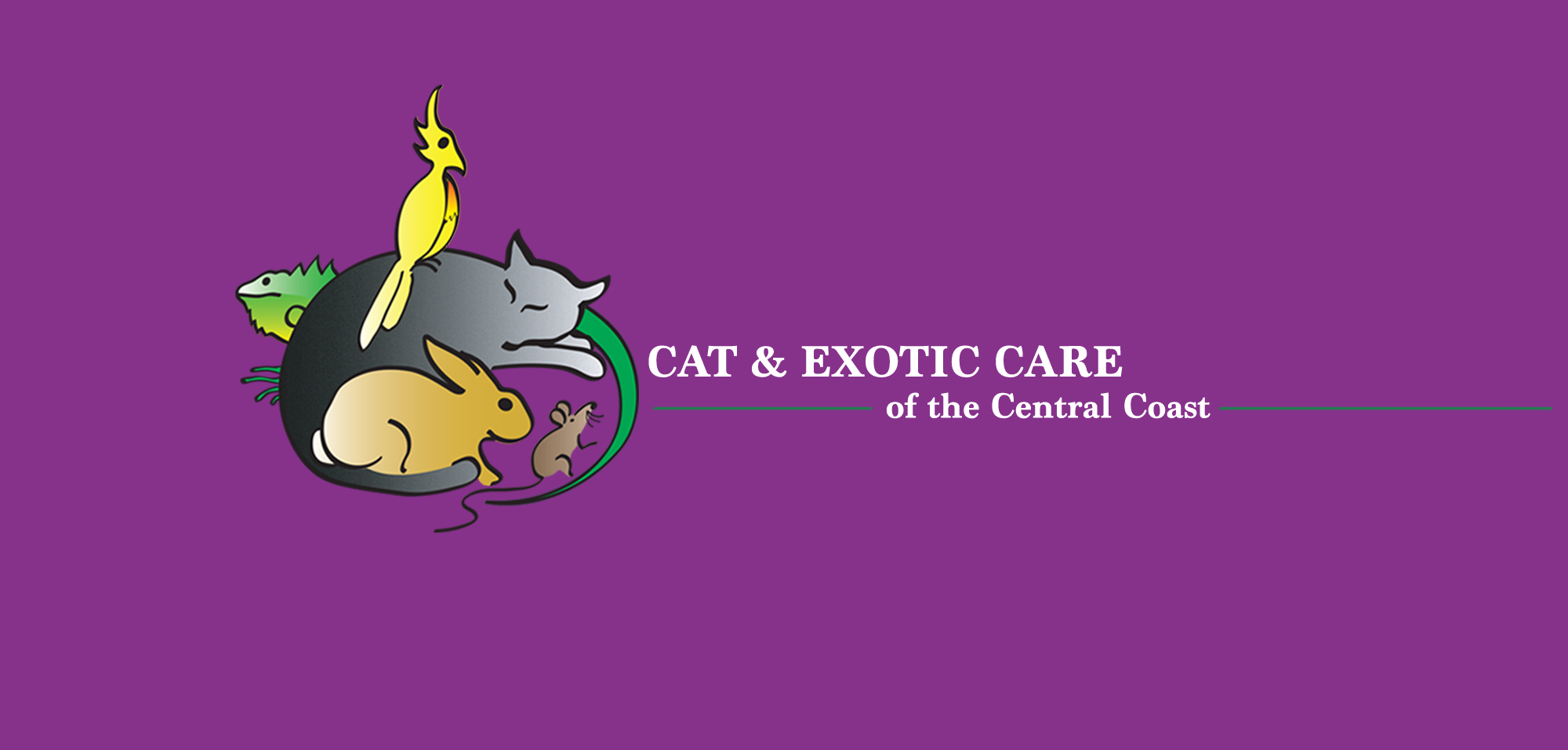QUESTION:
My bird injured his wing and it bled a lot. Do I need to bring the bird in or is there something I can do at home?
ANSWER:
There are several reasons why a bird’s wing may bleed: (1) a bleeding mass or tumor; (2) trauma to the wing (of any kind, but commonly because the cage is too small and the bird is banging its wings on the cage); (3) a clotting disorder from congenital causes or toxicity; (4) or even an advanced skin infection. This article will focus on the most common cause of a bleeding wing — damage to an emerging feather.
When a bird is molting or replacing old feathers, the new emerging feathers have a well developed blood supply. At this stage we say that the feathers are “in blood” or are “blood feathers”. Once the feather is fully developed the blood supply regresses and the feather eventually becomes similar to a human’s hair (dead material that can be trimmed). This is the stage at which you can trim your bird’s wings to prevent it from being able to gain elevation (this is a topic for another article as there are good and bad ways to trim the feathers). While the feathers are in blood they are more prone to injury and, if damaged, can bleed quite heavily. In fact, if a blood feather is accidentally trimmed or badly injured it could even lead to serious amounts of blood loss.
When a blood feather is actively bleeding the bird should be restrained and direct pressure should be applied to the bleeding site for several minutes. If a clotting powder (styptic) is available, it should be applied to the site prior to direct pressure. Alternatively, a blood feather can be pulled (in its entirety) from the wing to hasten clotting. There is some risk in fracturing the wing if this procedure is done carelessly, so I recommend that all bird owners be trained by an avian veterinarian in the proper technique. In addition, sometimes the follicle will bleed briefly after feather removal, so direct pressure and styptic powder may still be necessary.
Anytime a bird has lost a significant amount of blood (more than a few drops) it should be examined be an avian veterinarian to ensure that it is stable and does not require further treatments.
If you have a veterinary question that you would like to propose for an upcoming edition, please send it to email@catandexoticcare.com with “ask the vet” in the subject line.
Max Conn, DVM is the owner of Cat & Exotic Care of the CentralCoast, a full service veterinary hospital dedicated to the special needs of cats, birds, reptiles and small mammals. Cat & Exotic Care is located in PismoCoastPlaza, 565 Five Cities Drive, 805-773-0228. More information can be found at www.catandexoticcare.com.
Disclaimer: The informational handouts and website links above are for informational purposes only, they are not intended to replace veterinary care.
